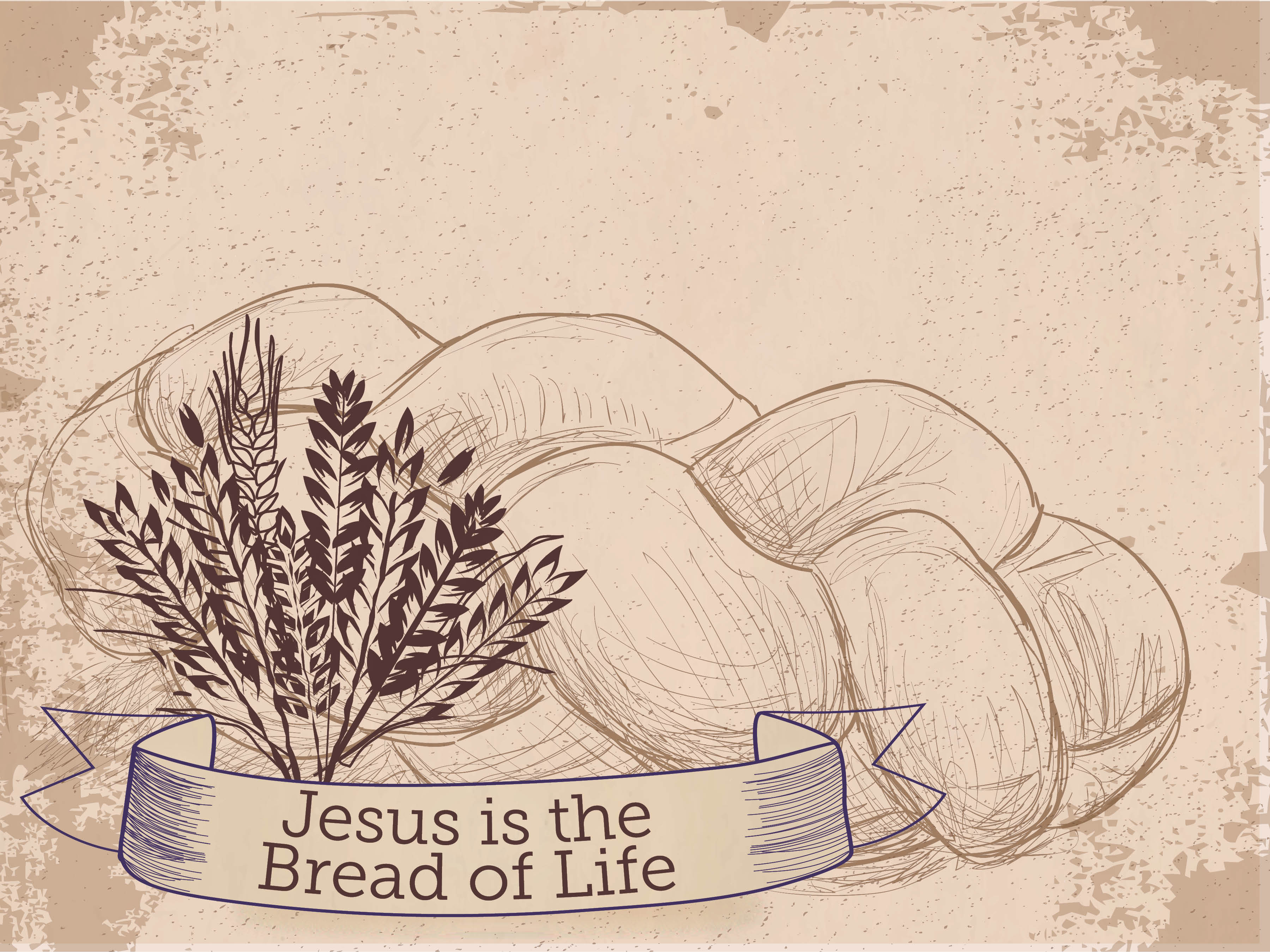 Prayer is a discipline and the most incredible privilege we have.
Prayer is a discipline and the most incredible privilege we have.
Jesus displayed a disciplined prayer life throughout his time on earth. He would rise early in the morning or retreat from the crowd to be alone in prayer. As His disciples witnessed this, one of them came and asked him to teach them to pray, so Jesus taught them what we know as the Lord’s Prayer in Luke 11. These few lines carry all we need to know about prayer. Jesus begins the prayer with a statement that must have shaken their religious traditions; “Father, hallowed be your name.” We are invited to address God as our heavenly father, but we must never forget that he is the all holy, uncreated creator of the universe, hallowed be His name.
Then in verse 3 the prayer continues; “give us each day our daily bread”. Jesus said that we are to pray to our heavenly father asking him to the provision we need for each day and then trusting him for the day thereafter. Can you imagine your child coming to you and asking for food, and then asking for a weeks’ worth of food so that they can store it up in their room, just in case you don’t happen to be there tomorrow? Jesus encourages us to pray with faith and confidence that our heavenly father knows our every need for each day.
Looking further in chapter 11 and to verse 5, we read another parable that Jesus taught his disciples (read Luke 11:5-8).
As always, Jesus uses an example that the people would clearly follow. The friend who had the unexpected visitor is unashamed in his asking, he persists in his request and Jesus said that because of his shameless audacity the friend will get up and give him what he needs. The key is the boldness of the friend outside the door, he is bold in his ask because he is secure in his relationship with his friend.
This is the way we can come before the throne of God. We can and must be bold in our coming before our Heavenly Father (Read; Ephesians 3:12, Hebrews 4:16, Hebrews 10:19). We can only be bold because of the cross. God opened the way for us to come directly to his throne and he invited us to come boldly before him, without reservation.
As Jesus concludes the short parable, he continues to teach in Luke 11 verse 9.The Greek verb tense literally means; keep on asking, keep on seeking and keep on knocking. There is an invitation by Jesus to persistence in prayer, but there is also a difference between these three verbs.
Asking is face to face communication; we can come directly, with no intermediary, petitioning God.
Seeking is taking time to find something. Spending time in prayer. Prayer is very often a searching and discovering of the will of God.
Knocking is persistence; not giving up even when we feel our prayers aren’t being heard.
We must keep on asking, keep on seeking and keep on knocking, not because God is hard of hearing but because in the process God is transforming us as we discover the plans and purposes of God.
In our efforts to become people of prayer we can easily become defeated because of the false teaching that everything in the universe is already set, and things cannot be changed (the ancient philosophy of Stoicism).
If things cannot be changed, why pray? But the Bible teaches that we work together with God through our prayers in changing the future of people and nations. The truth is that we have a tremendous responsibility to pray. Prayer changes things and we are called to change the world through prayer. Erwin Lutzer the pastor emeritus of the Moody Church wrote; “The sovereign purposes of God are uniquely connected to the extraordinary and united prayer of God’s people”.
Jesus said in John 15:7; “If you remain in me and my words remain in you, ask whatever you wish, and it will be done for you.” But Jesus doesn’t end there, he goes on to say; “This is to my Father’s glory, that you bear much fruit, showing yourselves to be my disciples.” Answered prayer is always to the Fathers glory. God delights to answer our prayers because it is for His glory!
Children know more about prayer than we do, Children do not get confused with reasoning and theology, they simply ask their Heavenly Father for what they need. Childlike faith is the foundation of a healthy prayer life.
What are you asking God for specifically today? Do you believe that God is going to give you above and beyond what you are asking for? In your praying, are you praying persistently? If we understood the power and privilege that we have in prayer, our prayer meetings would be full and our times of prayer would be extended.
Developing the Discipline of daily prayer must be a priority for us. Prayer is a privilege bought for us by the blood of Jesus. Through prayer marriages are healed, through prayer physical bodies are healed, through prayer the lost are saved, through prayer financial needs are met, and so much more.
4 keys to prayer,
- Pray specifically; What is the miracle that you need from God today?
- Pray persistently; Keep knocking, keep seeking, keep asking; persistent prayer makes a difference
- Pray expectantly; expect God to answer your prayer because He delights to answer your prayers.
- Pray thankfully; Sometimes part of the step of faith is to thank God for his answer even before we see the miracle. Be thankful when God answers your prayers.
Let us become a people of prayer for the glory of God.

